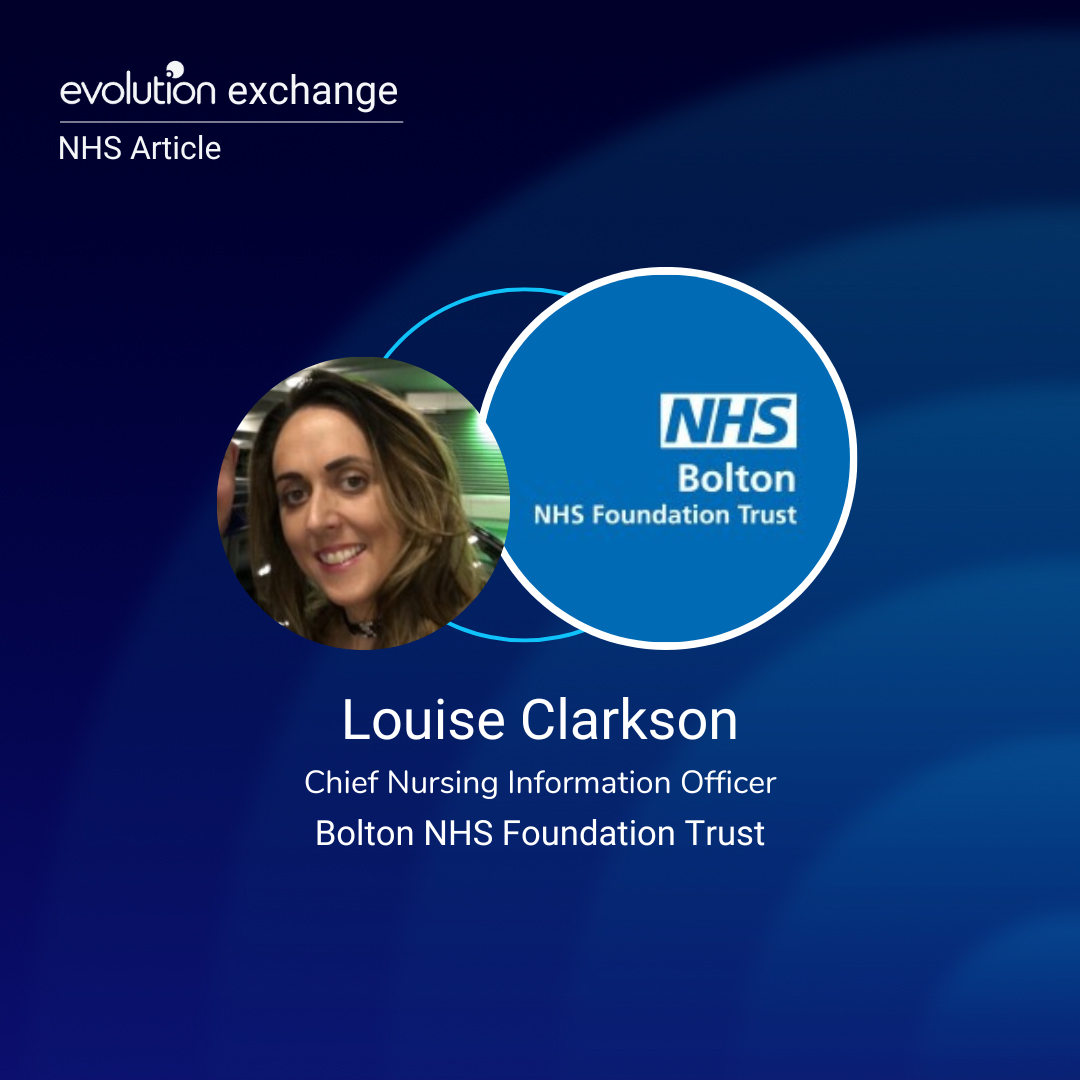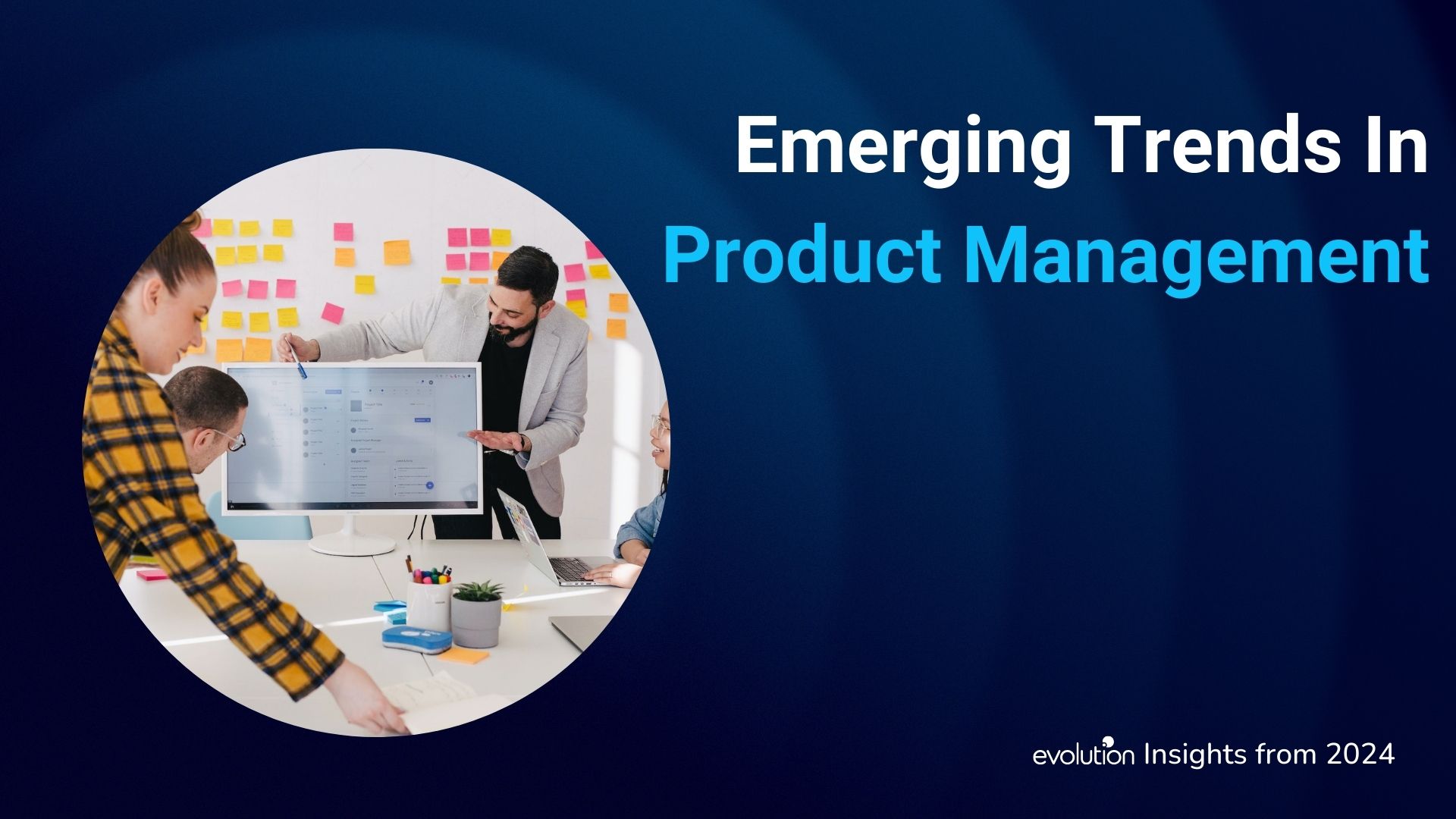In the ever-evolving landscape of healthcare technology, Louise Clarkson’s career trajectory serves as an inspiration for aspiring female leaders. From her beginnings as a registered nurse to her current role as Chief Nursing Information Officer (CNIO) at Bolton Hospital, Louise’s unwavering determination and willingness to embrace challenges have propelled her to the forefront of digital transformation within the NHS.
Forging a Path from Clinical Care to Data-Driven Leadership
Louise’s journey into the realm of healthcare technology was an organic progression sparked by her innate curiosity and passion for data analysis. “I’ve always been interested in data, understanding data, and telling the story with data,” she reflects.
Her transition from clinical roles, including stints as a nurse, bed manager, and Directorate manager, was catalysed by her involvement with the business intelligence team during the COVID-19 pandemic. “During COVID, there was an opportunity to work alongside the business intelligence team just for one day a week, looking at the emergency care dataset, and the COVID data collections, and how we could improve the visualisation of the data building the COVID dashboards and the discharge dashboards, so the operational and clinical teams had the right data and were able to understand where there needed to be changes to improve patient flow or care pathways.”
The Path to Technical Leadership: Embracing Humility and Collaboration
Louise’s ascent to the role of CNIO at Bolton Hospital underscores her belief that technical expertise is not a prerequisite for effective leadership in the digital realm. “No, you don’t need to be technical,” she asserts. “I think it’s having the understanding and the appreciation of those people with the technical skills and listening to what they’re telling you rather than thinking you know best.”
Instead, Louise emphasises the importance of cultivating leadership skills and fostering collaborative relationships with technical experts. “Leadership skills are really important,” she states. “I think that’s that development area that’s sometimes missing in an IT world because they have been focused on tech, getting equipment, making sure networks are up and running. They’re not given the same opportunities for leadership as a clinical or operational person might be.”
Overcoming Challenges: Embracing Discomfort as a Catalyst for Growth
Louise’s journey has not been without its challenges, but she approaches each obstacle as an exciting opportunity for growth and development. “It’s definitely not been plain sailing, and I think that just makes it more exciting that there is a challenge,” she admits. “Sometimes that unknown is exciting – seeing the teams really pull together and being able to lead those teams is a real privilege, I think that it is really important knowing you’ve got the right people around the table and working alongside them is key to achieving the goals you’ve set”
Impostor Syndrome: A Sign of Progress and Constant Improvement
Louise’s candid acknowledgment of impostor syndrome offers a refreshing perspective on this commonly experienced phenomenon. Rather than viewing it as a barrier, she embraces it as a driving force for continuous improvement. “I think for me impostor syndrome just proves that you’re on the right path. I think, if you feel uncomfortable or unsure then you’re constantly going to want to improve and change things.”
The Importance of Mentorship and Advocacy
Throughout her journey, Louise has been fortunate to have the guidance and support of mentors and advocates who recognised her potential and encouraged her to pursue leadership roles. She acknowledges the invaluable impact of these individuals, including the Chief Operating Officer, the Head of Data Analytics and Assurance Team, and the Associate Director of IM&T, who “made me believe that actually this is the role for me, they saw that in me, and gave me the confidence to pursue it, I am really appreciative of that.”
Louise underscores the significance of mentorship and coaching in career development, emphasising the value of having “that confident and experienced person to run it past, no question is ever silly, it is really important and key to career development.”
Breaking Stereotypes: Embracing Diversity in Health Tech
In a traditionally male-dominated field, Louise’s experience challenges the prevailing stereotypes surrounding female representation in health technology. She notes with optimism the increasing gender parity within the tech workforce, stating, “I’ve had conversations with different leaders in tech, that state their workforce is now at 50 percent women on the workforce.”
However, Louise advocates for a more inclusive mindset that transcends gender considerations. “As long as you’re bringing the right skills to the table, then that’s all that matters, in my opinion whether you’re male female or, and identify as anything else really, I think providing equity across the whole workforce is essential, making opportunities equal for everyone in the organisation.”
Advice for Aspiring Female Tech Leaders
For those aspiring to lead within the realm of health technology, Louise’s advice is both empowering and pragmatic: “I think just be brave, be bold. If you’ve got an idea, tell somebody, find your coach and your mentor, they’re the people that are really going to push you out of your comfort zone and make sure you’re on the right track and have those conversations with you that will support your development.”
She encourages individuals to embrace discomfort and challenge themselves continually. “There’s no point just thinking it over and over in your head, go and speak to someone who is either in that area of work or has an interest in it and that can support you and guide you on finding different courses, different opportunities. Just put yourself out there. You’ve got to make yourself uncomfortable, otherwise you’re never going to be changing or developing.”
As the healthcare industry continues to evolve, leaders like Louise pave the way for a more inclusive and diverse future in health technology. Her unwavering commitment to empowering teams, fostering collaboration, and embracing challenges serves as a beacon of inspiration for aspiring female leaders worldwide.




























